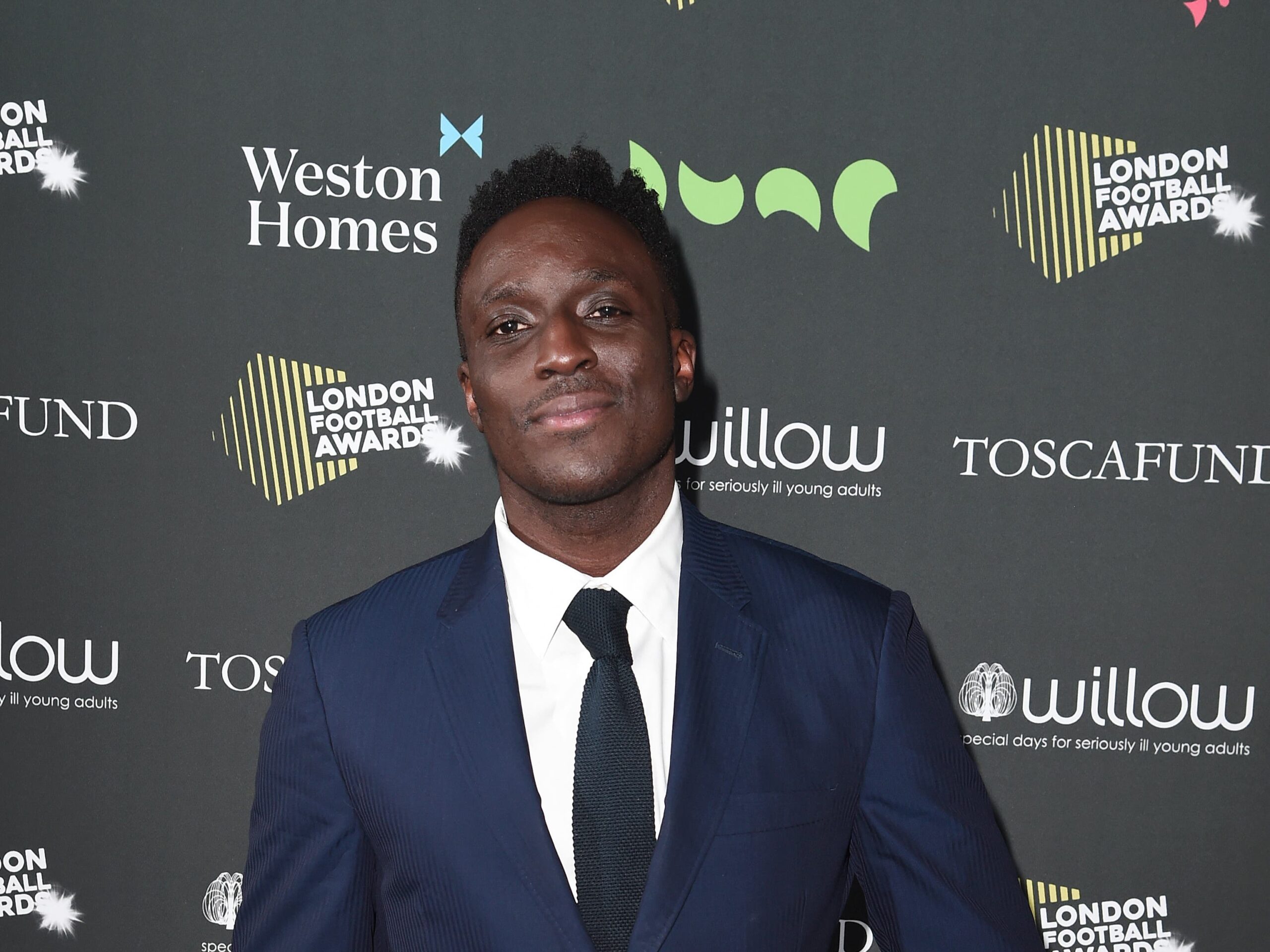

I first travelled to Pelourinho in Salvador, Bahia, aged 31, hoping to reconnect with an ancient religion created by west African slaves called “Candomble”.
Over 10 days, I learnt about the defiant individuals who fought to keep their religious practices as Portuguese enslavers attempted to eradicate elements of their heritage. I learnt how sectors of the slaves would practice their indigenous religions in private, at risk of being killed. I also learnt, for the first time in my life, of the Orisas (demi-gods) that are part of the DNA of the Yoruba tribe I was born into.
I was born a Catholic in Nigeria and, for as long as I could remember, I had been in search of a realistic depiction of the God I’d become disillusioned with. I felt no connection to the Bible tales and effigies that didn’t resemble my complexion or heritage, nor had I ever been taught much of my Yoruba origins as a child.
In fact, heading to Brazil and telling my mother where I was going, she was apprehensive and warned they’d “take my blood”. Maybe she was right, but something was calling me to Salvador. I was asking the question: when did our people (Yoruba people) lose the sense of what was once so natural, in favour of a messiah that didn’t fully resemble us?
My grandad, the leader of the Methodist Church in Nigeria and a theologian, also argued in his seminal book Olodumare: God in Yoruba Belief that there was a divine God in the Yoruba religion pre colonisation. Understanding Nigeria as a country is complex. It didn’t exist pre-18th century and is home to around 250 different tribes with 500 different languages, which did not coexist under a single flag until British rule in 1862 .
I never did find Candomble, but Salvador taught me to reconnect with the source
(Ayo Akinwolere )
After a couple of months of travel across Brazil and parts of Peru, I arrived in Salvador, at the gates of the Brazilian slave trade – a city where 80 per cent of residents are of African descent. Pelourinho, its capital, was named for the whipping post in its central plaza where enslaved people were publicly beaten as punishment for alleged infractions.
I was invited to a ceremony by a contact called Tiago, who, delighted to hear I was in search of the source of my Yoruba religion, informed me that Candomble – a faith based on traditional Yoruba, Fon and Bantu beliefs, originating from different regions in Africa – was going to be hard to find in a non commercial form, but he wanted to invite me to a Caboclo ceremony. Caboclo is a mixture of African religions and the religion of the indigenous people of Brazil.
There is a history beyond the British one that dominates textbooks and muffles the voices of my ancestors
(Ayo Akinwolere)
I was welcomed to a room of people dressed in white robes, with effigies that looked like me, and parts of the ceremony were spoken in my mother tongue. I was welcomed as a child of Yoruba and greeted with a plate of food, which consisted of boiled plantain, boiled corn and yam – all foods I’d grown up eating.
The feeling within me was almost indescribable, a mixture of being “seen”, apprehension combined with excitement, and a sense that I was one step closer to understanding more of a part of me that had lain dormant all my life. I felt unapologetically Black and every bit connected to my culture in a way that I hadn’t for so many years living in the UK as a practising Catholic.
To keep up to speed with all the latest opinions and comment, sign up to our free weekly Voices Dispatches newsletter by clicking here
This experience was so important in redefining my identity and connecting me to a source, which is often inaccessible within a European setting. A setting in which I had regularly felt invalidated, and where I had struggled to exist authentically and with nuance. So often, it is interspersed with many cultures still longing to understand and decipher who they are and what they represent, within European education systems and power structures.
I never did find Candomble, but Salvador taught me to reconnect with the source. It taught me that there is a history beyond the British one that dominates textbooks and muffles the voices of my ancestors. It also empowered me and validated my existence, as I could see myself in the faces and mannerisms of the people in the city. They looked at me as if they understood my journey – just like the people on the streets of Lagos and Ibadan when I lived in Nigeria. It redefined that Odunayo, my Yoruba name meaning “year of joy” stood for something.
In essence, it pointed an arrow towards the erasure of history and cultural practices. This erasure was used to subjugate millions of people from understanding their true power. As my country of birth – Nigeria – is set to have the third largest population of Christians by 2060, I ask: will the Yoruba people ever truly find their lost “Olodumare”?
Ayo Akinwolere is a British-Nigerian broadcaster, swimming world record holder and change maker

